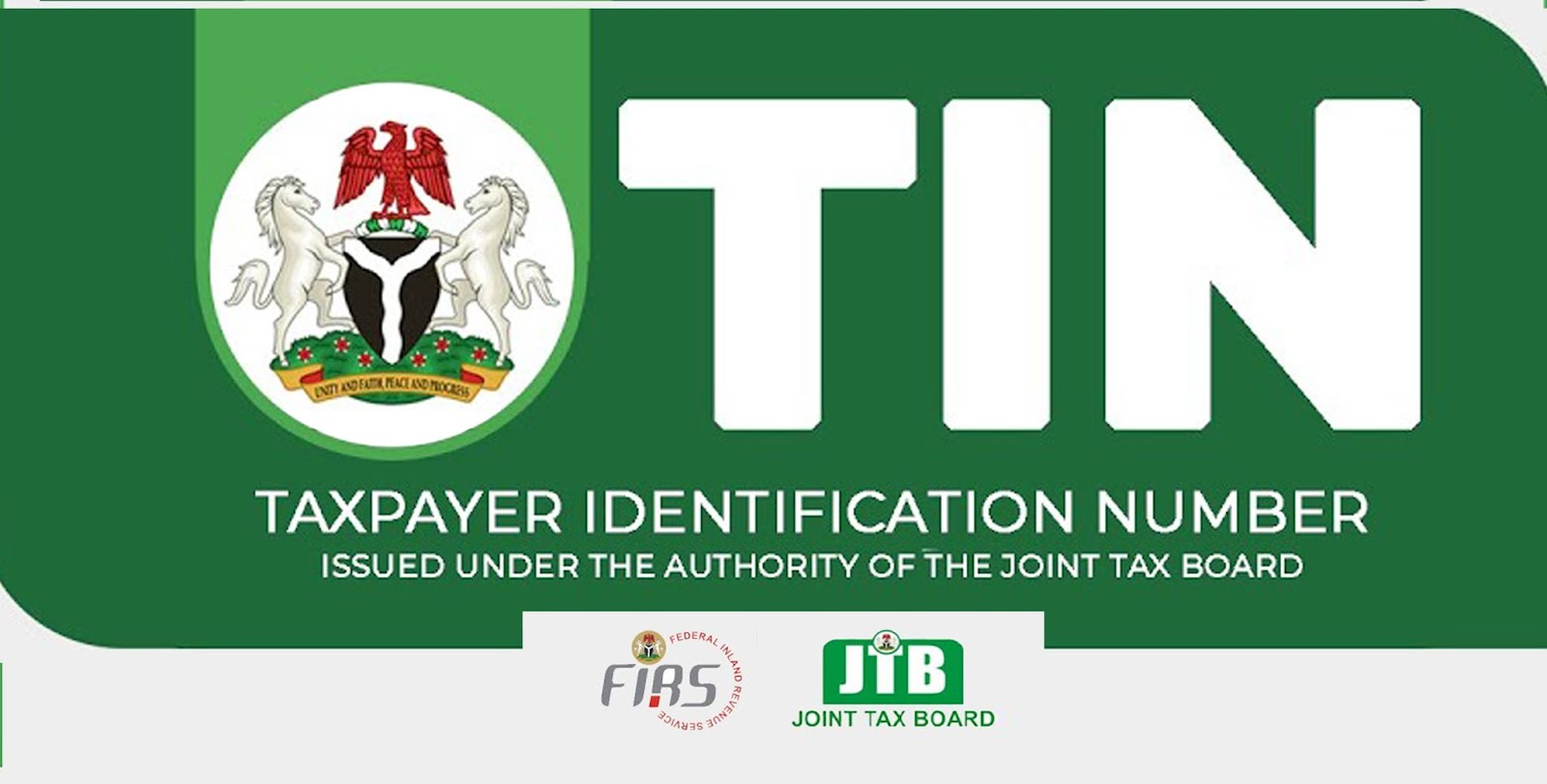Basic Accounting Tasks for Small Business Owners & Freelancers
In every business there is a need to have proper accounting and book keeping. It is a very tasking job for an individual to embark on even if as a business owner you hire a bookkeeper and using a DIY accounting software to do some tasks for you will not save you the stress of surrounding your business accounting even though they are great steps to ease you the full responsibility of doing everything by yourself.
So I have come up with a few basic accounting tasks every small business owner or freelancer can do every week.
1. Check Cash-flow Position Weekly.
Reviewing cash flow is very important because it allows you to know the exact amount of money that enters and leaves your business on a weekly basis. This is usually the first step in accounting tasks for business owners.
2. Send out Invoice as Soon as You Can.
It is very sacrosanct for you to send out an invoice as early as possible so you can be paid on time. Waiting to send out an invoice at the appropriate time is dangerous in the sense that you risk the chance of forgetting or delaying your payment, so it is advisable to send them out as soon as possible.
3. Record all Expenses & Transactions.
As a smaller business owner you must cultivate the habit of recording all expenses and transactions which will go a long way to ensuring your books are in checks and are intact. In order to get daily records of all your business transactions, bookkeeping must be taken very seriously. it will give you a clear picture of your finances in time.
4. Balance Your Business Cheque book.
Reconciliation of accounts in businesses is very important especially in small businesses. There is a need to ensure all entries of your transactions are accurate on your business cheque book just as you reconcile your personal cheque book. Correction of errors and omissions either by you or the bank on your account becomes very easy by reconciling your cash. In contemporary banking, receiving of payment on invoice is basically digital (i.e Bank-To-Bank transfer) but balancing your business accounts is important to avoid error and omission and if you still take cheques, deposit them immediately you get them.
5. Prepare & File your Taxes on-time.
It is advisable to prepare and file your taxes on time as a business owner. Your tax related activities shouldn’t be limited to yearly filing deadlines because knowing how much you have to profit based on your annual revenue is best for your company. It is a very demanding and most times very sensitive part of accounting in a company, I advise you to hire the services of a professional accountant to help get your tax related activities sorted out.
See Also: Top 10 Legitimate Work From Home Jobs
Conclusion
These steps I have mentioned above are used by almost all successful businesses in the world. Small business owners can leverage these steps to confidently grow a great and better business empire by routinely implementing the accounting tasks for business owners I have mentioned above. Please if you have any accounting habit that is worth sharing, don’t forget to tell us in the comment box.













